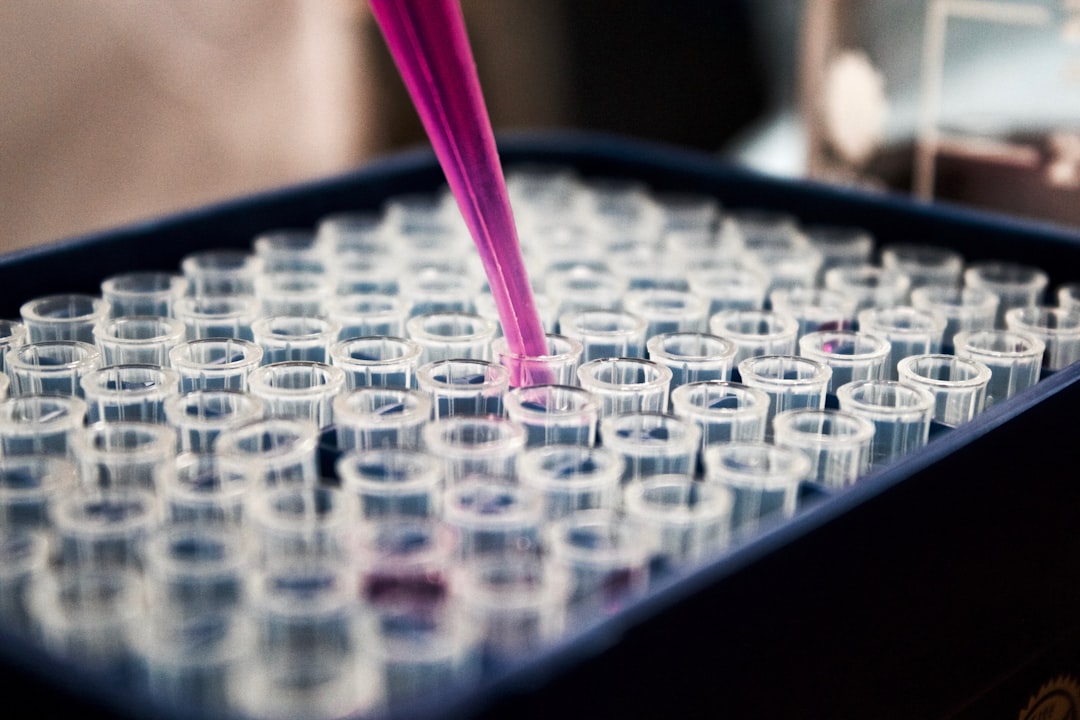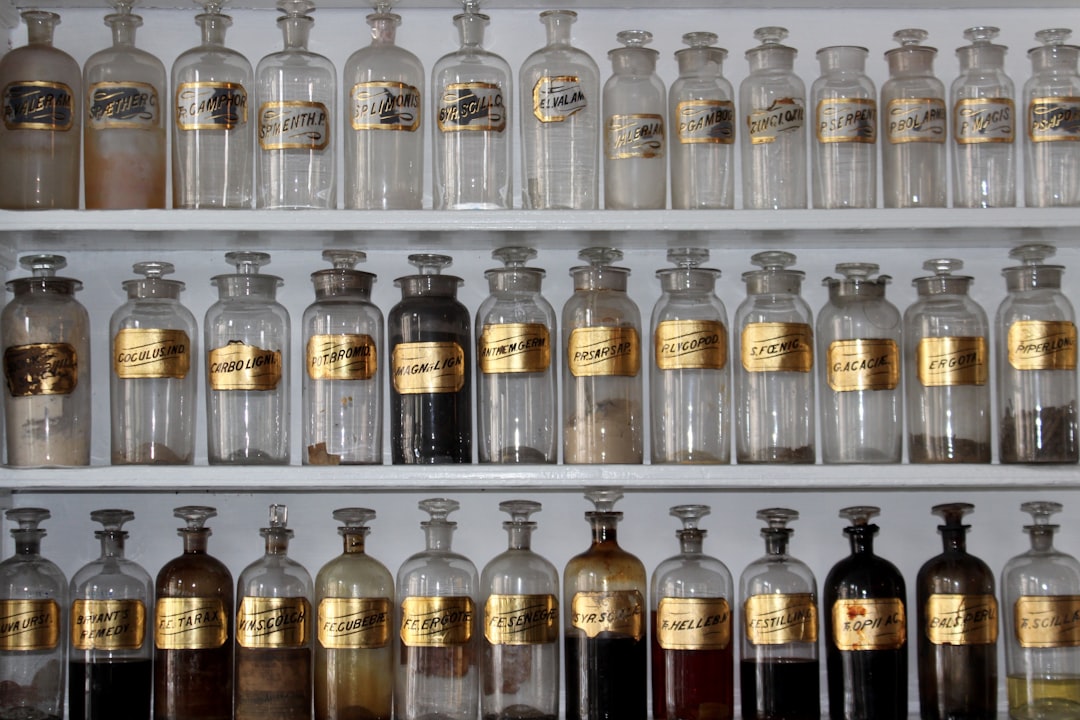What is it about?
Celecoxib (CLX), a poorly soluble anti-inflammatory drug, requires administration in higher concentrations to produce therapeutic effects, oftentimes resulting in cardiac toxicity. Therefore, in this study, we employed nanoemulsion technology to improve the solubility of CLX using poly(δ-decalactone) (PDL) polymer as an oil and mPEG-b-PDL as a surfactant.
Featured Image

Photo by David Clode on Unsplash
Why is it important?
The pharmacokinetic study revealed that the mean retention time of CLX was significantly increased with NE in contrast to the marketed formulation, suggesting the advantage of administering CLX in the form of NE owing to the higher solubility and sustained release pattern. The long-term storage stability study reveals that NE does not show significant changes in terms of size, with only a slight decrement in CLX content was observed after 24 months. The obtained results indicate that CLX bioavailability has been considerably improved without being toxic to the heart.
Perspectives
The aid of NE and advocate the use of PDL NE for developing oral formulations for poorly soluble drugs.
Saurabh Maru
SPTM, SVKM'S NMIMS
Read the Original
This page is a summary of: Attenuation of celecoxib cardiac toxicity using Poly(δ-decalactone) based nanoemulsion via oral route, European Journal of Pharmaceutical Sciences, November 2023, Elsevier,
DOI: 10.1016/j.ejps.2023.106585.
You can read the full text:
Resources
Contributors
The following have contributed to this page










